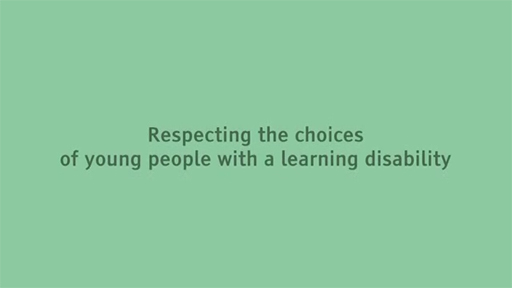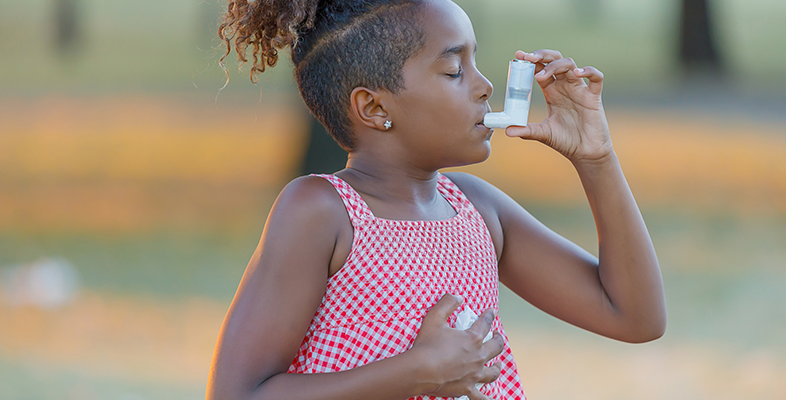2.3 Hearing the voices of young people with learning disabilities
You may have identified that sometimes there is a tension in the role of a parent or caregiver between providing protection and nurturing and allowing growth. This can, for example, be particularly apparent during adolescence where individuals may be asserting their independence and wanting to develop relationships and to express their sexuality.
Many young people who have learning disabilities have their voices ignored as it is assumed that a parent or carer can speak for them, or that they do not really know what they want. Obviously, people of all ages (with or without a learning disability) have opinions, thoughts and ideas – and need to be able to make their choices known.
Knowing how and when to advocate for someone, or when to support someone to advocate for themselves, can be difficult. You don’t want to speak for someone when they can speak for themselves as that can disempower them; likewise you don’t want to assume that someone is comfortable talking about a sensitive subject, for example mental health or sex. Additionally, there are often parents, family members or carers who may have their view on the topic (whether they have a legal say over the issue related to the young person or not).
Activity 9 will help you explore some of the topics around supporting people to have their voices heard, potentially either by helping someone speak up for themself or speaking up for them.
Activity 9 What can you do to help advocate for young people who have a learning disability?
This activity will help you explore the topic of advocacy and to consider the skills that you may need to employ when addressing potentially sensitive topics with a young person and their family.
Watch Video 3 of young people with a learning disability recounting their experiences of not having their voices heard, and of how they have advocated for themselves. As you watch, make notes on how you can support young people with a learning disability in having their voices heard and consider the conversation or approach that you may need to take with their parents or carers. This will help you to identify some of the skills and learning opportunities that you may want to develop in supporting people’s voices.

Transcript: Video 3
Discussion
You may have identified some, all or different areas for your own development:
- listen for and pay attention to the choices that the child or young person is making
- make information more accessible for the individual
- gauge understanding
- assess risks and potential consequences
- sensitively raise choices with family members or carers
- facilitate discussion
- assess and, where appropriate, teach skills
- advocate
- challenge assumptions.
Helping people to have their voices heard can be a challenging but rewarding task. It also has the potential to make significant developments to a person’s autonomy and independence.
Having explored biological conditions, such as asthma, and some of the social aspects of learning disabilities, you will now explore some psychological conditions that present in childhood and adolescence.
